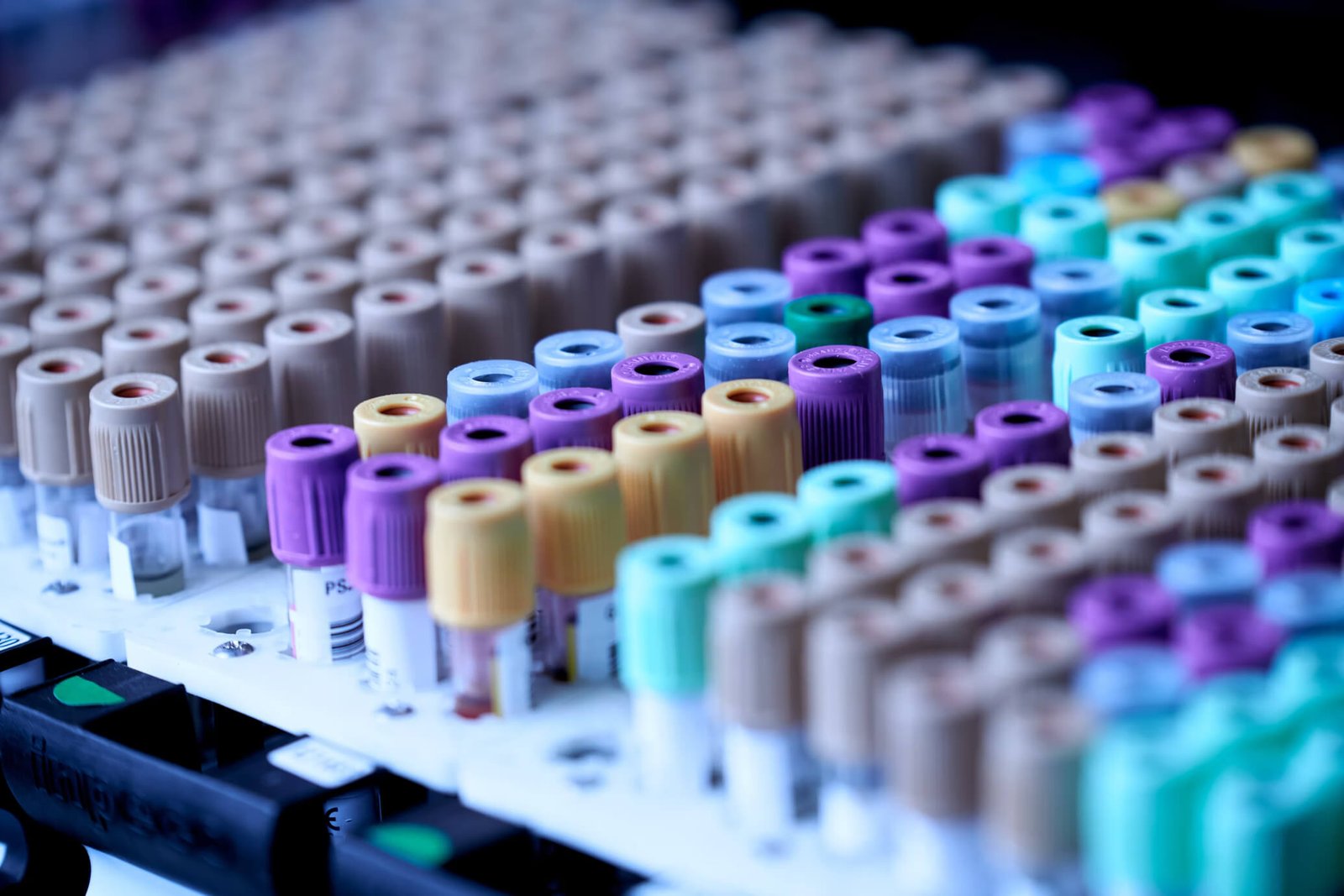Diverse Teams, Bright Ideas
- Category General
The provision of quality medical services is the main target that every health care provider aims at achieving.
The COVID-19 pandemic has highlighted the need for innovative health technologies that can help countries improve health outcomes by providing shortcuts to solutions despite lack of infrastructure and resources. However, many of the new technologies that have come to market are unaffordable or unsuitable for low- and middle-income countries.
To ensure that all countries benefit from health innovation, WHO has compiled a compendium of 24 new technologies that can be used in low-resource settings.
“Innovative technologies are accelerating access to healthcare everywhere, but we must ensure that they are readily available in all health facilities, fairly priced and quality-assured,” said Dr Mariângela Simão, WHO Assistant Director General for Access to Health Products. “WHO will continue to work with governments, funders and manufacturers to promote sustainable supplies of these tools during and beyond the COVID emergency.”
The compendium’s main objective was to select and assess technologies that can have an immediate and future impact on COVID-19 preparedness and response, potentially improve health outcomes and quality of life, and/or offer a solution to an unmet medical need. 15 of these technologies are already commercially available in countries, while the rest are still at the prototype stage.




